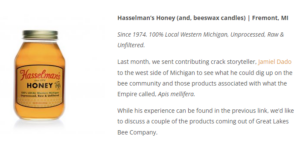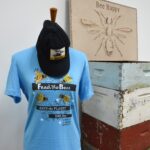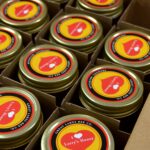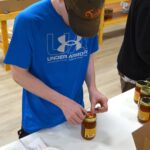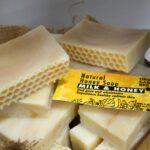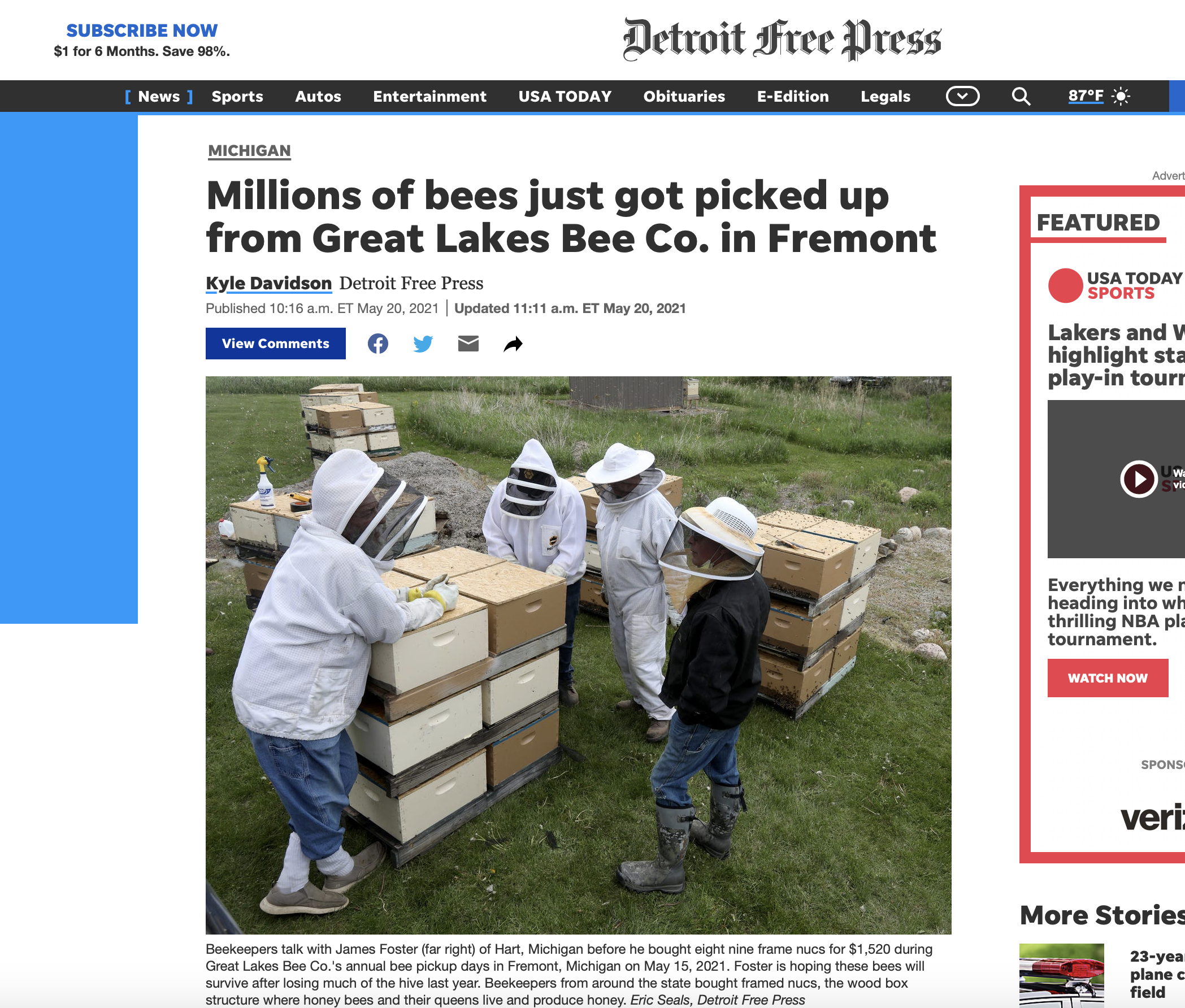
The Metropolitan, a publication based in Detroit, featured Great Lakes Bee Company’s Hasselman’s Honey and beeswax candles in its June 2024 article, “What do you get by mixing, honey, hot sauce and fried chicken?”
Here’s why The Metropolitan’s staff called our honey “delicious” and the aroma and glow of our beeswax candles a “rich experience.”
The Metropolitan: What do you get by mixing, honey, hot sauce and fried chicken?
Hasselman’s Honey (and, beeswax candles) | Fremont, MI
Since 1974. 100% Local Western Michigan, Unprocessed, Raw & Unfiltered.
Last month, we sent contributing crack storyteller, Jamiel Dado to the west side of Michigan to see what he could dig up on the bee community and those products associated with what the Empire called, Apis mellifera. In his article, “Beeing There,” for The Metropolitan, Jamiel wrote about his journey to Kropscott Farm Environmental Center and observations and discussions from our bee class.
While his experience can be found in the previous link, we’d like to discuss a couple of the products coming out of Great Lakes Bee Company.
It says right on the bottle that Hasselman’s Honey comes straight from the hive, with all the benefits natural honey has to offer. While there is rigorous debate over the health benefits associated with honey – natural sugar vs processed, local honey vs global, etc. – those who keep bees are confident that locally produced, raw, unprocessed honey not only tastes great but provides a myriad of benefits to better living (myriad, a word I do not use in daily conversation but thought it worked given the previous Latin).
We spoon this robust honey on our homemade bread and toast, in our bowl of Whole Milk Greek Yogurt w/ berries, and stir it in our afternoon teas.
Delicious!
Had I been with Jamiel, I might have asked Hasselman what makes the flavor of their honey unique? What flowers contribute to its taste? Does Lake Michigan have anything to do with the end product? How do we safely and ethically support bee communities into producing their finest product? And, how should bees be compensated for their work?
But, alas, I was not there.
Apart from Hasselman’s Honey, we have also been writing by beeswax candlelight for the past 30 days and must say, it has produced a much richer experience – we enjoy the aroma and its soft, flickering, glow!
Hasselman’s small batch honey comes from the Western Shores of Michigan and is hand bottled in Fremont, Michigan, by the Great Lakes Bee Company.
